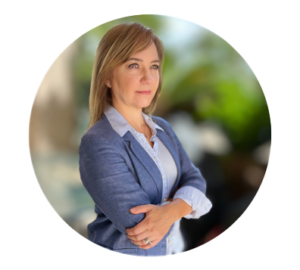Transparency and accountability are not just valued but expected, understanding the frameworks that guide corporate sustainability practices is becoming very important. Whether you’re an ESG expert or someone just starting to explore how businesses impact the planet and the people, the evolution of these frameworks is transformative.
Why is important to understand ESG frameworks?
Companies are under increasing scrutiny from their stakeholders to not only pursue profit but also manage environmental impact, ensure social responsibility, and uphold robust governance. This is where ESG (Environment, Social, and Governance) frameworks come in. They provide the structure and language for businesses to disclose their operations in line with global sustainability goals. This matters because as stakeholders make more informed choices, businesses that transparently report their sustainability practices stand to gain the most in terms of trust and investment.
ESG reporting
One of the key tools in the ESG reporting toolkit is taxonomy. For instance, the IFRS Sustainability Disclosure Taxonomy, introduced by the International Sustainability Standards Board (ISSB), is designed to standardize how companies across the globe report their sustainability related financial information. Think of taxonomy as a dictionary that offers a common language for sustainability reporting. This is a common language for sustainability reporting. This common language allows investors and stakeholders to easily compare apples to apples, making it simpler to assess which companies are truly walking the sustainability talk.
Why Taxonomies and Standards matter?
The adoption of global standards and taxonomies enables stakeholders to compare sustainability disclosures across companies and industries seamlessly. By adhering to a globally recognized framework, companies can demonstrate their commitment to transparency, which can enhance their reputation and trustworthiness. Investors and consumers can make a better-informed decision based on standardized information that highlights sustainability practices and risks.
Who is adopting it and what are its implications?
Countries such as the US, Canada and Mexico are moving towards implementing these taxonomies, reflecting a broader trend towards global consistency in ESG reporting. This shift towards a unified approach in sustainability reporting indicates a significant move towards international cooperation and commitment to sustainability. It’s a signal that sustainability is becoming embedded in the global financial and corporate governance landscape, not just as a discretionary choice but as a fundamental operational pillar.
Staying ahead
For business, staying updated with these changes is not just important, is about seizing opportunities. Companies that align their strategies with these evolving frameworks can enhance their market positioning, attract conscientious investors, and leverage their sustainability practices as a competitive edge.
Whether you’re in finance, operations, or marketing, understanding these frameworks helps you grasp how your role impacts and is impacted by ESG considerations. It’s about being literate in the language of modern business, a language where sustainability is front and center.
The importance of education and adaptation cannot be overstressed. For companies and professionals alike, evolving with these frameworks will be key to not just surviving but thriving in a business environment where sustainability is at the heart of operational and strategic decision-making.

